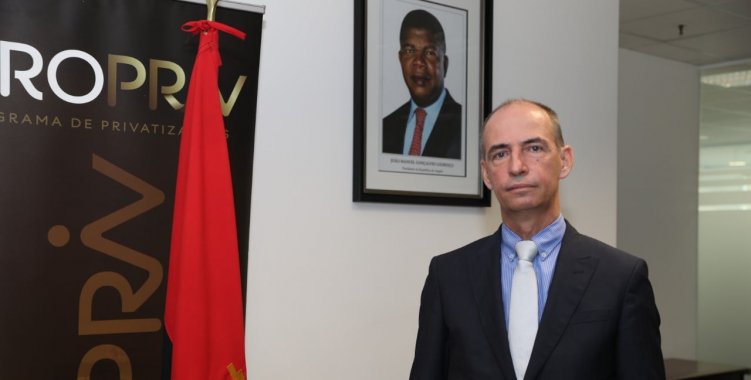Patrício Vilar, President of the Board of Directors of the Instituto de Gestão de Activos e Participações do Estado (IGAPE), quoted in a statement made available on the government website, explains that the number of assets to be privatized is not fixed: "We were talking about 195. The numbers are not definitive, because we have had entries and exits.
According to the official, there will soon be more inclusions, "because the provincial governments have shared information about inactive companies, of local scope, that belonged to the State, as well as others that need further evaluation".
He added that it is likely that "there will also be exits," since "as time progresses" more information about "the balance sheets of these companies" will be available, concluding that "they may not be privatized in the modalities and procedures foreseen, or, in some cases, they will not be able to continue and will have to be liquidated."
According to the note, of the more than 30 assets sold, "only three were companies of national reference, such as Banco de Comércio e Indústria, which is in its crucial phase of privatization.
The official said that the privatization program, which began four years ago, was "challenging, complex, and of a strategic dimension.
According to the statement, the government intends to "pass a substantial part of the economic activity to the private sector, because it believes that this sector has better conditions to guarantee the efficiency of these business units and, in this way, increase the efficiency of the economy as a whole.
Patrício Vilar explained that the program guides the "State towards what its natural missions are, namely taking care of infrastructures, social assistance, education, and health.
The privatization program plans to end in 2022 and to cover as many companies as possible with the best possible conditions. However, IGAPE's Chairman believes that the program will extend beyond 2022: "I think that the process will continue after 2022," he said, adding that "Sonangol and Endiama are inserted in the privatization program for next year, but their processes may last for some time."
The official also talked about jobs. Remembering that a large part of the sold assets are paralyzed, it is assumed that the employer will add workforce, he admitted.
However, the responsible doesn't "rule out the possibility that there will be companies that, in a first stage, will need to rationalize costs. But after improving their performance, they may recruit workers.
He also says that it is unlikely that the workforce will decrease in companies like TV Cabo and Multitel, because they already have private management, despite the State's participation.
"I hope that the companies will grow and there won't be a drop in employment," he indicated.
He also addressed the controversy surrounding the privatization of Kero supermarkets. The official disputed reports about the shelves of those supermarkets being empty since they passed into state hands.
"It has nothing to do with the privatization process, because it was only in late February that the state took over the management of Kero. It doesn't correspond to the truth that it broke after the state was there. In fact, it has been breaking for more than a year," he said.







